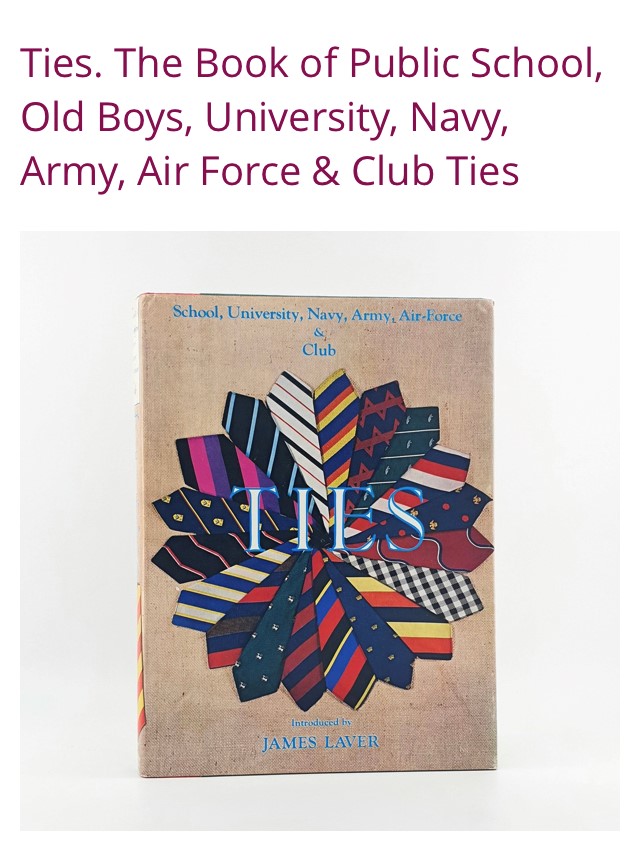Old School Tie
The following couple of paragraphs are taken from the write-up of the evening celebrations for the 21st anniversary of the Ginner-Mawer School of Dance and Drama (The Link, April 1938, p.10):
“Owing to the recent illness of Miss Fogerty, the chair was kindly taken by Mr. P. J. S. Richardson, the Editor of The Dancing Times…He praised the School for its esprit-de-corps, nowadays regarded rather slightingly by those who deprecated the ‘old school tie,’ but a quality absolutely essential to the happiness and success of any community and its work.”
‘The old school tie’ is another way of expressing the meaning of espirit-de-corps. In our current age, such expressions do not sit so well with the general, diverse population that comprises the modern United Kingdom.
According to the Collins Dictionary “Esprit de corps is a feeling of loyalty and pride that is shared by the members of a group who consider themselves to be different from other people in some special way.”
Given that this was written in the late 1930s, when Britain was at it height of empire, that feeling of being different in a special way could have been a feeling of being different in a superior way. And when this sentiment is matched with being akin to the ‘old school tie’, the feeling of superiority is compounded. The ‘old school tie’ is a British saying which refers to members of society who attended the same elite, fee-paying schools, and who make their way in the world not because of their capabilities, but because of which school they went to, with their associated alumni who can provide opportunities that are not available to other people.
Does this mean, then, that the Ginner-Mawer School ethos was one of superiority? It isn’t possible to tell from this one example alone, and from a speech given by a man who wasn’t a member of the Ginner-Mawer School, though it does fit in well with affluent social mores at the time, including the general British acceptance of being different (whether in a superior manner, or not) to foreigners.
The speech that we are looking at in this blog post was givenby Philip Richardson. (I have written about him in a previous blog post.) I have not been able to find out which school he went to, but there is a fair chance that he attended public school (a mis-nomer which actually means a private school, where parents pay high fees) – hence his appreciation of the benefits of the old school tie.
Another way to view esprit de corps, is “the common spirit existing in the members of a group and inspiring enthusiasm, devotion, and strong regard for the honor of the group” which sounds like a far better bet for the Ginner-Mawer girls, I think! (Merriam-Webster dictionary)
There is, I think, great scope for discussion on this theme – please do comment if you have any views.

